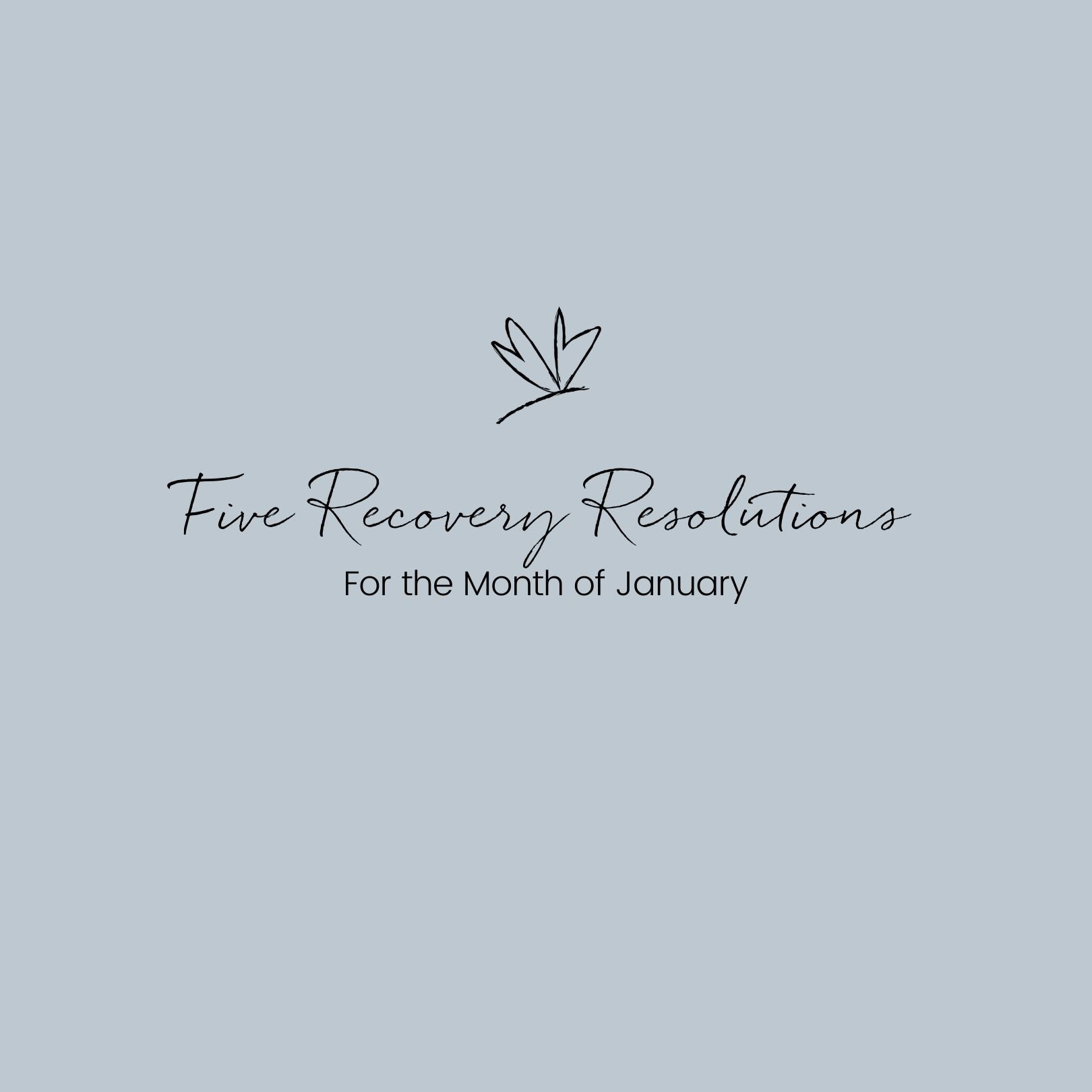What Do You Need to Know About Binge Eating Disorder?
As Binge Eating Disorder is the theme for this year’s Eating Disorder Awareness Week, we thought it would be worth mentioning some of the factors and indicators which set it apart from other eating disorders.
Some of these figures and stats have been compiled by BEAT as part of their campaign activity, and more can be found on their dedicated BED page on their website.
- Binge eating disorder affects more people than are affected by anorexia or bulimia
- No particular age or ethnicity or gender is particularly more likely to be affected by BED
- Binge eating is a term associated with eating large quantities of food in a short period of time, while feeling completely out of control
- It is crucial that a person recovering from a restrictive eating disorder doesn’t automatically consider ‘recovery / restorative eating’ as being a ‘binge’
- People who experience BED suffer terrible episodes and feelings of shame, regret and disgust
- Diagnosis for BED would normally come after a person is reporting having had at least one episode a week for three months
- Binges are often pre-planned and become like a ritual – usually in secret – and can involve using specific ‘binge foods’
- Those affected by BED can find themselves significantly financially impacted because of the cost of purchasing excessive amounts of food
- A high number of people with BED attempt or consider suicide
- Binge eating disorder can cause weight gain, but not always
- Binge eating disorder will affect one in 50 people in their lifetime
If you're struggling with binge eating disorder, please get in touch with us. You can email our team on hello@wednesdayschild.co.uk
- Mar 2021





